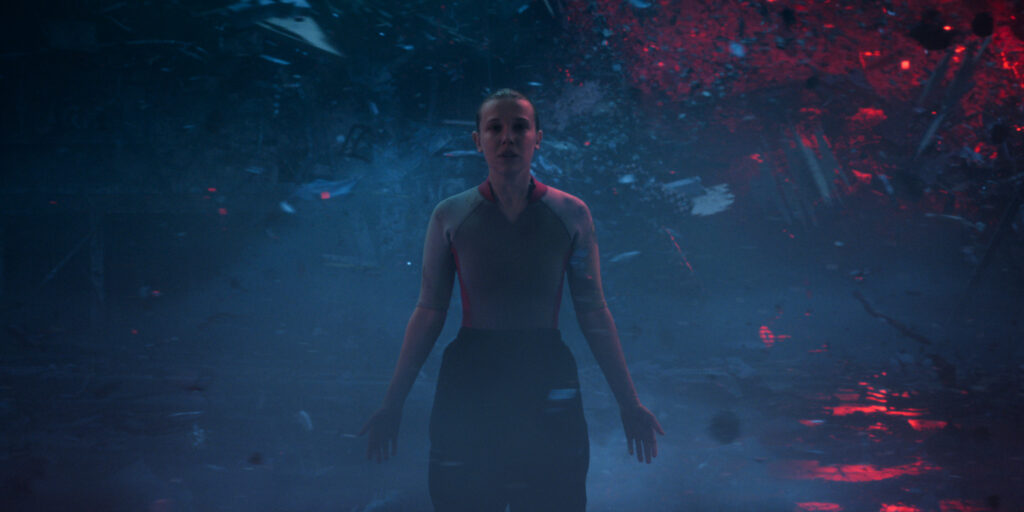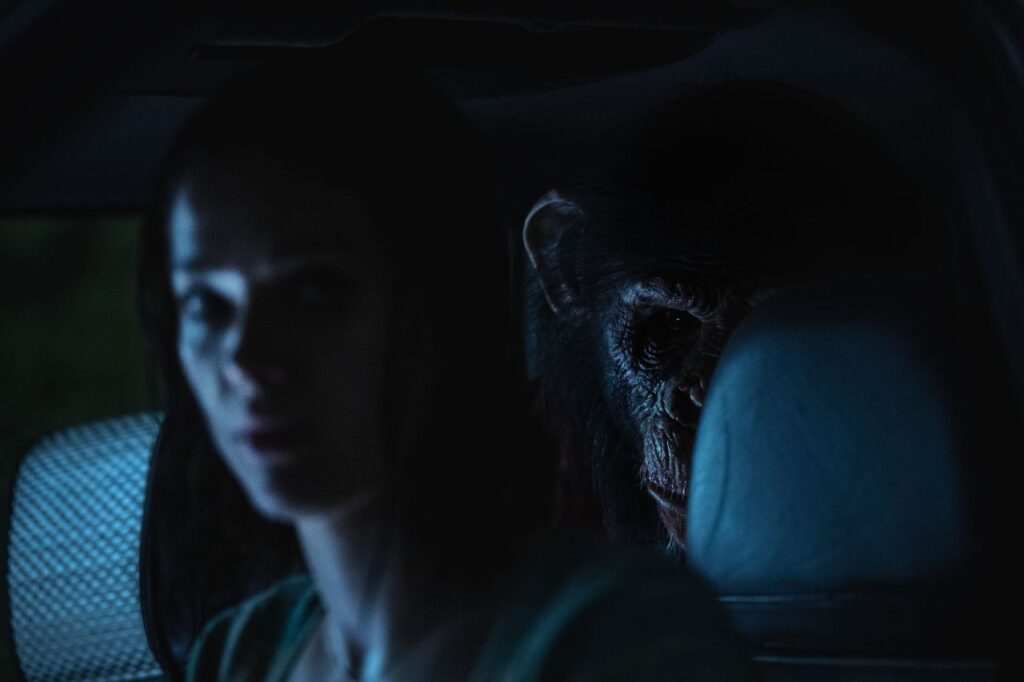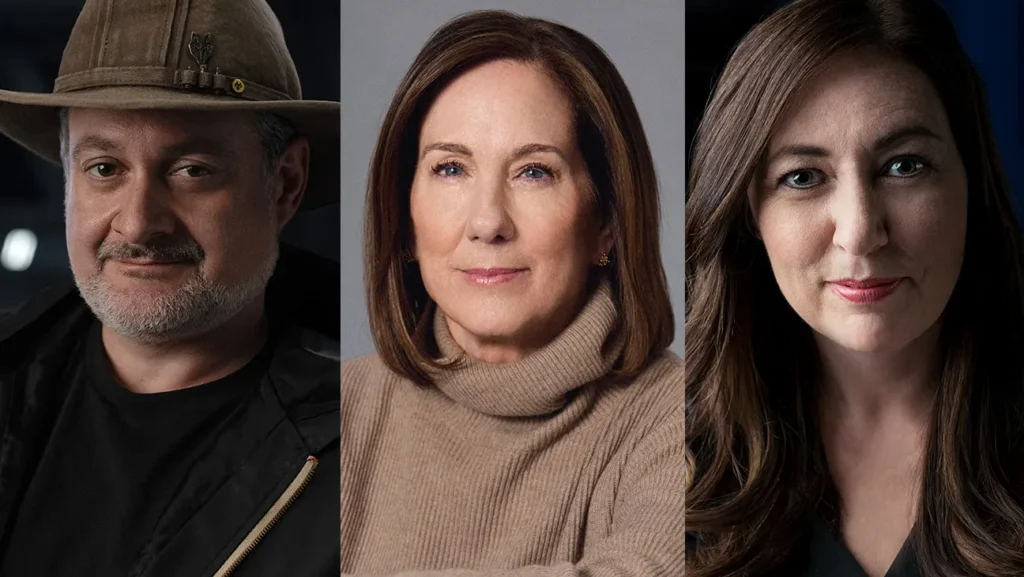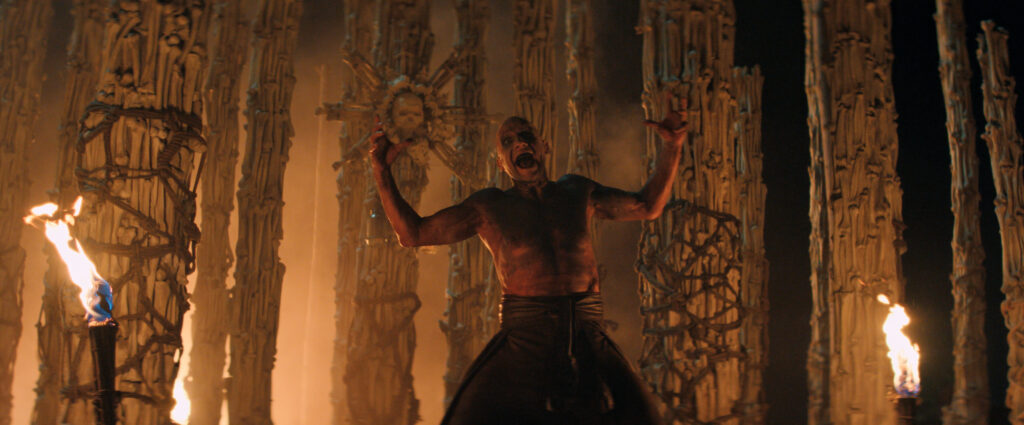Among Disney’s vast catalogue of original franchises and acquired major IPs, perhaps none is as underrated or underappreciated as Tron. Originally released in 1982, the first Tron film was a landmark achievement in cinematic history, remembered as the first movie to extensively use computer-generated effects. It was a pioneering effort that, just 11 years later, would be profoundly validated by the arrival of Jurassic Park.
Its 2010 sequel, Tron: Legacy, was met with mixed reactions from both critics and audiences. In retrospect, the film feels like a relic of a different era, released just before Disney fully pivoted to proven blockbuster IPs. Yet in the years since, Legacy has earned a kind of delayed recognition, with many revisiting the film to appreciate its visual ambition, bold soundtrack, and place in the sci-fi canon. This resurgence owes much to director Joseph Kosinski’s later successes, particularly Top Gun: Maverick and F1. In both cases, time has seemed to vindicate the vision and value of the Tron films.
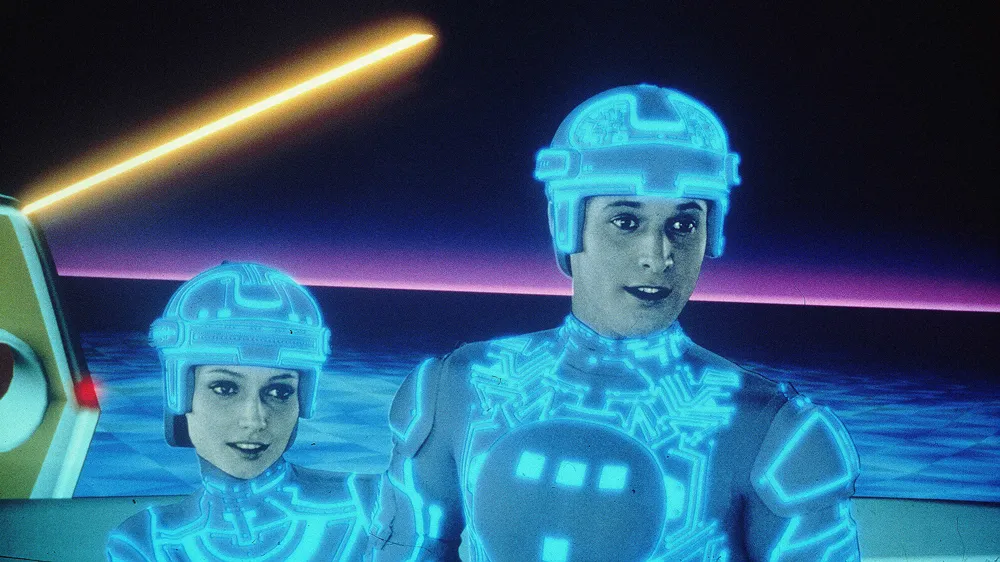
It’s no surprise that beneath the flashy neon lights, iconic soundtrack, and roster of charismatic characters, there is something more meaningful pulsing through the Tron films. For all its innovation in visual effects and its trailblazing role in tech-driven filmmaking, 1982’s Tron is, at its core, a remarkably spiritual movie. Directed by Steven Lisberger, the film explores existential questions surrounding creation and creator — themes that closely mirror the dynamics found in many religious philosophies. In Tron, Kevin Flynn (Jeff Bridges), a computer programmer and game developer, is transported into the software world of a mainframe computer, where he must navigate a digital realm populated by sentient programmes. To these programmes, Flynn is perceived as a godlike figure — a “user” with powers beyond their understanding. From their perspective, he is their creator. It’s a compelling narrative twist that raises the question: if man creates tools in his own image, is it not natural for those tools to view man as divine, no matter how absurd that may seem from our top-down vantage point?
Bio-digital jazz, man.
If Tron is about a creator’s relationship with his creations, then Tron: Legacy subverts expectations by delving into something far more intimate, a personal, human story wrapped in digital architecture. The sequel follows Kevin Flynn’s adult son, Sam (Garrett Hedlund), who responds to a mysterious message from his long-lost father and is pulled into a virtual world known as the Grid. There, he discovers that Kevin has been trapped for decades, a creator imprisoned within his own design. It’s a tragic twist, one that opens the door for deeper philosophical reflection on the consequences of unchecked ambition and the loneliness of creation. Legacy also challenges the original movie’s ideas of life and consciousness through the introduction of Quorra (Olivia Wilde), an “isomorphic algorithm” — a spontaneously evolved programme, not written by a user. Her existence raises the stakes: what happens when creations surpass the intentions of their creators?
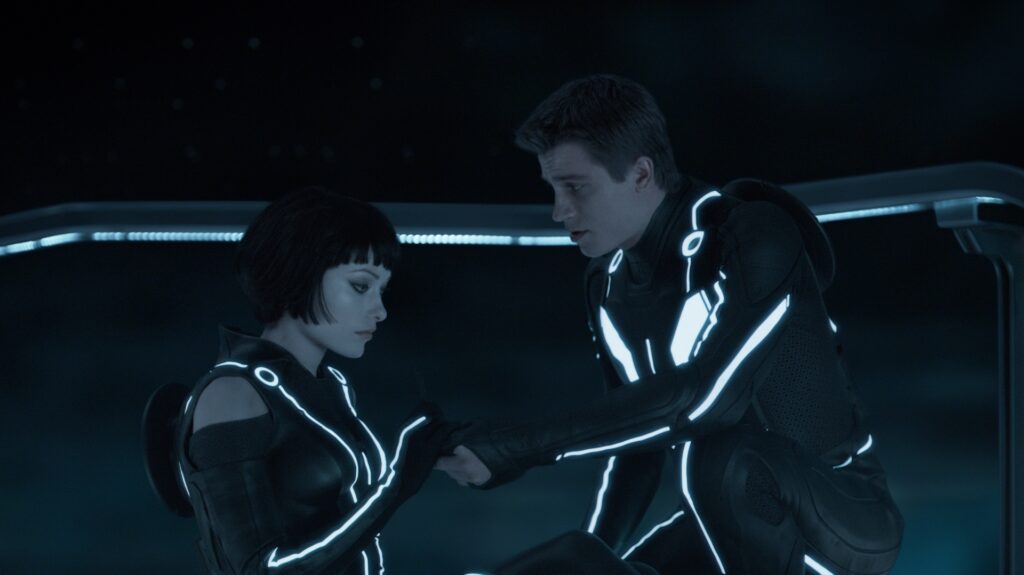
In the years since the release of both Tron films, their themes have only become more prophetic in hindsight. Today, conversations around the idolisation of tech pioneers, the corporatisation of nearly every aspect of daily life, and the looming ethical dilemmas of artificial intelligence are more urgent than ever. In stark contrast to the violent, apocalyptic portrayals of AI seen in franchises like The Terminator, the Tron films offer something more introspective. Their spiritual underpinnings and thoughtful approach to digital consciousness give the franchise a unique identity — one that has only grown more relevant over time. It’s this thematic depth, not box office numbers, that earns Tron its rightful place alongside other legendary sci-fi works of the 1980s.
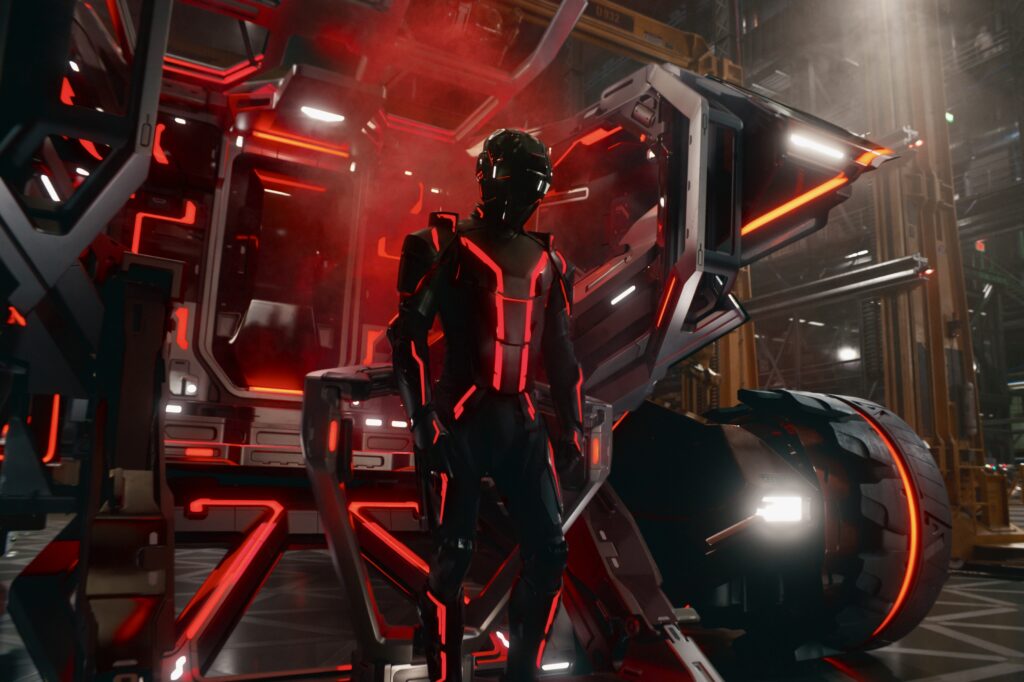
Enter Tron: Ares, a film arriving at a time when few expected Disney to revisit this long-dormant franchise. But perhaps now is exactly the right moment. In an era defined by rapid advancements in artificial intelligence, digital identity, and the ever-blurring line between human and machine, it’s fair to wonder if Ares will prove to be as prophetic as its predecessors. Early mainstream reviews have been, predictably, lukewarm — a stunning déjà vu moment for those who first saw Legacy dismissed in 2010. Maybe thirty years from now, we will look back on this third instalment with the same retrospective appreciation. In an era when film discourse is increasingly polarised in its extremes, perhaps audiences will choose to engage with Ares on its own terms — the way the Tron franchise has always deserved.


